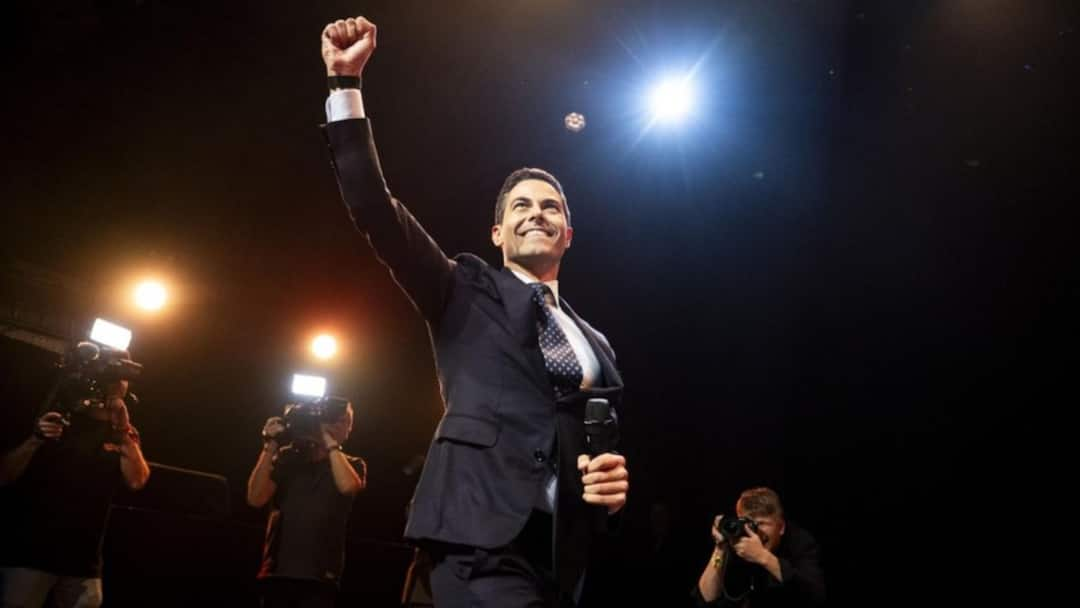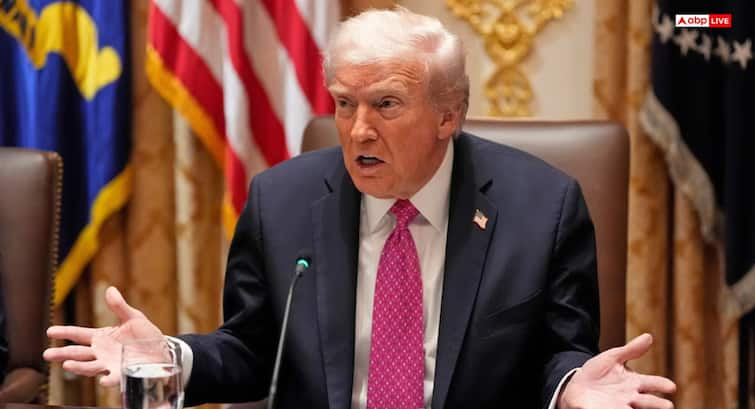The centrist D66 party has narrowly clinched victory in the Netherlands’ fiercely contested general election. The results closed the door on Geert Wilders’ Freedom Party (PVV), which fell just short of overtaking the pro-European liberals in a nail-biting finish.
The outcome has placed the 38-year-old centrist leader Rob Jetten on the cusp of making history as the youngest Prime Minister of the European Union’s fifth-largest economy. Yet, political observers expect complex coalition negotiations to follow before a new government officially takes shape, France 24 reported citing Dutch news agency ANP.
ANP’s projections show Jetten leading by a razor-thin margin of 15,155 votes over Wilders, with just one constituency left to report and overseas postal ballots still being counted. Those ballots, currently under review in The Hague, are expected to be finalized by Monday evening.
Overseas Votes Could Prove Decisive
Traditionally, overseas voters have leaned toward centrist and left-leaning parties, a trend that could further bolster D66’s narrow edge. In the 2023 election, overseas votes gave Jetten’s party a small yet crucial advantage of about 3,000 ballots over PVV.
On Tuesday, senior lawmakers are scheduled to convene in parliament to appoint a “scout”—a negotiator tasked with assessing possible coalition formations. The leader of the largest party traditionally nominates the scout and leads early coalition talks, a process that could stretch over several months, the report stated.
Caretaker Prime Minister Dick Schoof will remain at the helm until a new government is in place. “I expect I will still be PM at Christmas,” Schoof remarked on Friday, signalling the likely duration of the talks ahead.
‘Grand Alliance’ In The Making
All major parties have already ruled out cooperation with Wilders, whose PVV withdrew from the previous coalition after clashes over immigration policy. To form a majority, Jetten will need to assemble a coalition commanding at least 76 of the 150 parliamentary seats.
Political analysts suggest his best path may lie in a so-called “grand alliance” that includes the centre-right Christian Democratic Appeal (CDA) with 18 seats, the liberal People’s Party for Freedom and Democracy (VVD) with 22, and the left-wing Green/Labour bloc with 20. D66 currently holds 26 seats.
However, fault lines remain within the potential coalition. VVD leader Dilan Yesilgoz has previously stated that working with Green/Labour “would not work,” instead voicing support for a centre-right alignment.
Meanwhile, the Green/Labour bloc is set to elect a new leader on Monday, replacing former EU vice president Frans Timmermans—a move that could reshape the tone of upcoming talks.
While Wilders’ support has dipped, the broader far-right movement saw some gains. The nationalist Forum for Democracy (FvD), known for advocating withdrawal from the EU’s Schengen free-travel area, more than doubled its parliamentary presence from three to seven seats. But Wilders has quickly dismissed any notion of teaming up with FvD.



